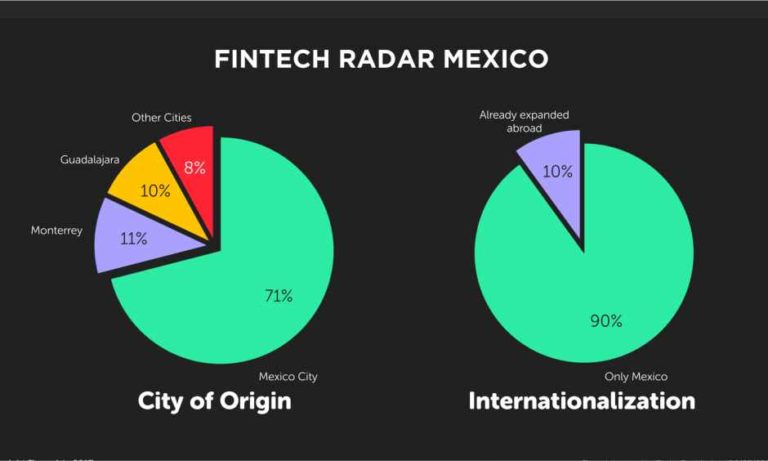Nayara Energy, facing sanctions from Western nations due to its ties with Russian ownership, is having a tough time keeping its operations on track. This private Indian refiner, where Russia’s Rosneft has a significant stake, has been hit hard by major disruptions in exports, banking transactions, and supply chains since mid-2025. Fortunately, New Delhi has stepped in to support the company, helping it stays afloat and ensuring that domestic fuel supplies remain secure.
Once one of the fastest-growing private refiners in India, Nayara has faced significant challenges since European sanctions hit its operations in July. This move effectively severed several crucial trade and financing channels for the company, leading to a reduction in production at its Vadinar refinery in Gujarat, which has a capacity of 20 million tonnes per year. As a result, refinery run rates have plummeted to about 70–80% of capacity, as Nayara struggles to find alternative crude supplies and keep its export network running smoothly.
Export volumes have taken a significant hit as numerous shipping and insurance companies have opted out of handling Nayara’s cargoes, fearing they might breach sanctions. This situation has turned overseas sales into a risky and expensive endeavor. In response, the refiner has been channeling a greater portion of its fuel production to the domestic market, supplying state-owned fuel retailers to secure steady revenue and ensure smooth operations.
The sanctions have really thrown a wrench into banking operations. Major lenders are now treading carefully when it comes to handling Nayara’s transactions, especially those that involve foreign currency. As a result, payments for crude imports and fuel exports have slowed down, forcing the company to lean more on rupee-based trade deals. These hurdles have limited its access to global financial systems and have driven up operational costs.
To soften the impact, the Indian government has stepped up with vital logistical and policy support. Reports suggest that New Delhi has made it easier to use railway tankers and coastal vessels for transporting fuel across the country, which helps Nayara rely less on international shipping routes. Additionally, authorities are lending a hand to the company in sourcing essential refinery equipment like catalysts, valves, and pumps, which have become tricky to import due to sanctions on Western suppliers.
At the same time, Nayara has been looking into new export markets in Asia, the Middle East, and Latin America, where buyers are not as affected by Western restrictions. This push for diversification, although still in its early days, could really help cushion the blow from the decline in European demand.
The company is gearing up for an important maintenance turnaround set for early 2026, but there are still concerns about sourcing the specialized equipment needed. Management is looking into options to possibly delay the shutdown if it becomes necessary, ensuring that spare parts are available and downtime is kept to a minimum.
Despite facing some challenges, Nayara’s ongoing operations highlight the Indian government’s tricky balancing act of ensuring energy security while navigating international diplomatic sensitivities. Although New Delhi has not breached any Western restrictions, it has made it clear that it prioritizes domestic fuel stability and the thousands of jobs linked to Nayara’s refinery network.
For Nayara, the future is a bit of a mystery. The company’s heavy reliance on Russian crude, limited financing options, and dwindling export routes leave it exposed to any new sanctions that might come its way. However, with consistent support from the government and a strong focus on the domestic market, Nayara is determined to navigate through one of the toughest times it has faced since it started.








